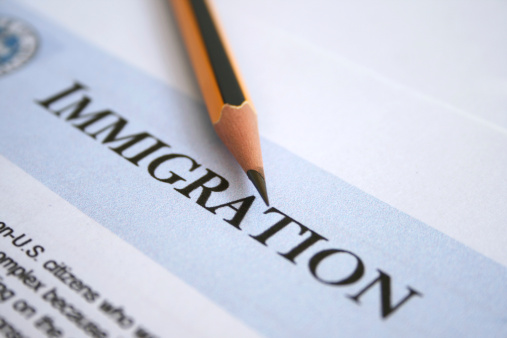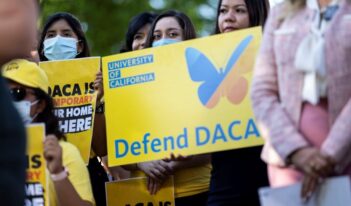
Proposed rule could improve the accuracy of government list of free sources of legal aid.
Every day, individuals seeking to immigrate to the United States are subjected to legal proceedings to determine whether they may remain in the country. Yet, unlike defendants in criminal proceedings, aliens in these legal proceedings are not guaranteed access to free legal representation. Furthermore, an illicit legal services market has developed: lawyers are allegedly taking advantage of indigent aliens, who commonly lack English proficiency and are unfamiliar with the U.S. legal system. To address these issues, the Executive Office for Immigration Review (EOIR) has proposed a rule that would place more stringent requirements on attorneys and organizations seeking to be included on a list provided to indigent aliens of free immigration legal service providers.
In order to help indigent aliens find credible legal representation, the Office of the Chief Immigration Judge (OCIJ), a federal immigration office, maintains the list of free legal service providers. However, in recent years, the EOIR, which interprets and administers immigration laws, has received complaints about private lawyers who state that they will provide pro bono legal representation, only in reality to charge clients for their services.
In response to these complaints, the EOIR audited the OCIJ’s list and removed legal service providers that were not offering legal representation pro bono. However, due to continued complaints, the EOIR recently proposed amendments to regulations governing the maintenance of the list.
Individual attorneys, as well as organizations, must apply to be included on the list. Currently, individual attorneys are eligible to appear on the list so long as they include a declaration in their application stating that they provide free legal services to indigent immigrants and are “willing to represent indigent aliens in immigration proceedings pro bono.” Under this current procedure, attorneys may be included on the list even if they have only represented a single alien on a pro bono basis and charge fees to the rest of their clients.
The proposed rule would impose more demanding requirements on applicants. To ensure attorneys’ genuine interest in pro bono representation, the EOIR proposes that attorneys seeking to be included on the list perform a minimum of fifty pro bono hours a year in each court location where they desire to be listed.
In addition, the proposed rule would create an opportunity for public participation in policing the list. Names of applicants would be made public, and any individual would be able to forward comments, concerns, and complaints about applicants to the director of the EOIR.
The proposed rule represents the most recent step in ongoing efforts by the EOIR to expand and improve legal assistance to aliens. In response to a 2006 directive from then-Attorney General Alberto Gonzales, the EOIR expanded its legal orientation program, which educates detainees on their rights and the overall immigration process. In addition, the EOIR has expanded a Board of Immigration Appeals’ (BIA) pro bono project, in which the EOIR assists in matching aliens in removal proceedings with pro bono representatives so that aliens avoid facing the BIA and immigration courts without counsel.
The EOIR is accepting comments on its recent proposed rule until November 17, 2014.



